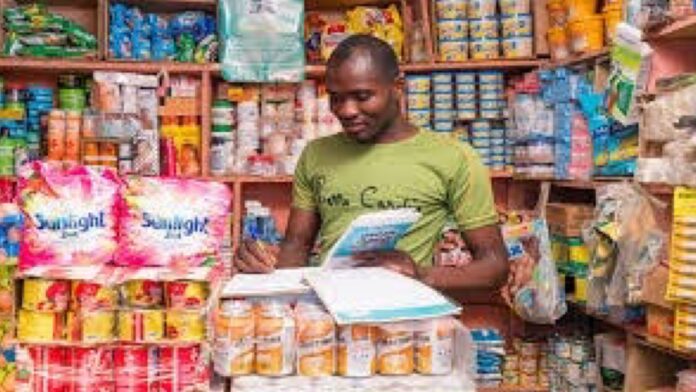Food inflation rate in Nigeria rose to 21.79 per cent on a year-on-year basis in March 2025, this is as the nation’s headline inflation rose to 24.23 per cent, relative to the February 2025 headline inflation rate of 23.18 per cent.
According to the National Bureau of Statistics, the increase can be attributed to the rate of increase in the average prices of Ginger (fresh), Garri (Yellow), Broken Rice (Ofada), Honey.
BusinessDay’s analysis of the report which was released on Tuesday showed that food inflation on a Year-on-Year basis was highest in Oyo (34.41 per cent), Kaduna (31.14 per cent), Kebbi (30.85 per cent), while Bayelsa (9.61 per cent), Adamawa (12.41 per cent), and Akwa Ibom (12.60 per cent) recorded the slowest rise.
On a month-on-month basis, food inflation was highest in Oyo (19.74 per cent), Kaduna (17.24 per cent), and Kebbi (14.03 percent) while Sokoto, Nasarawa and Edo states recorded decline in food inflation.
The report showed that on a month-on-month basis, the headline inflation rate in March 2025 was 3.90 per cent, being 1.85 per cent higher than the rate recorded in February 2025 (2.04 per cent). This means that in March 2025, the rate of increase in the average price level is higher than the rate of increase in the average price level in February 2025.
On a year-on-year basis, in March 2025, the urban inflation rate was 26.12 per cent, while on a month-on-month basis, the urban inflation rate was 3.96 per cent in March 2025, up by 1.56 per cent compared to February 2025 (2.40%).
The rural inflation rate in March 2025 was 20.89 per cent on a year-on-year basis. On a month-on-month basis, the rural inflation rate in March 2025 was 3.73 per cent, up by 2.57 per cent compared to February 2025 (1.16 percent).
All items less farm produce and energy, which excludes the prices of volatile agricultural produce and energy, stood at 24.43 per cent in March 2025 on a year-on-year basis. On a month-on-month basis, the core inflation rate was 3.73 per cent up by 1.21 per cent compared to February 2025 (2.52 per cent).
The all items inflation rate was highest in Kaduna (33.33 per cent), Osun (32.08 per cent), and Kebbi (30.74 per cent), while Akwa Ibom (12.81 per cent), Bayelsa (14.02 per cent), Sokoto (14.83 per cent) recorded the lowest rise in headline inflation on year-on-year basis.
However, on a month-on-month basis, highest increases in Kaduna (18.85 per cent), Osun(16.49 per cent), Oyo (14.44 per cent), while Sokoto, Nasarawa and Kwara recorded the lowest rise in month-on-month inflation.



